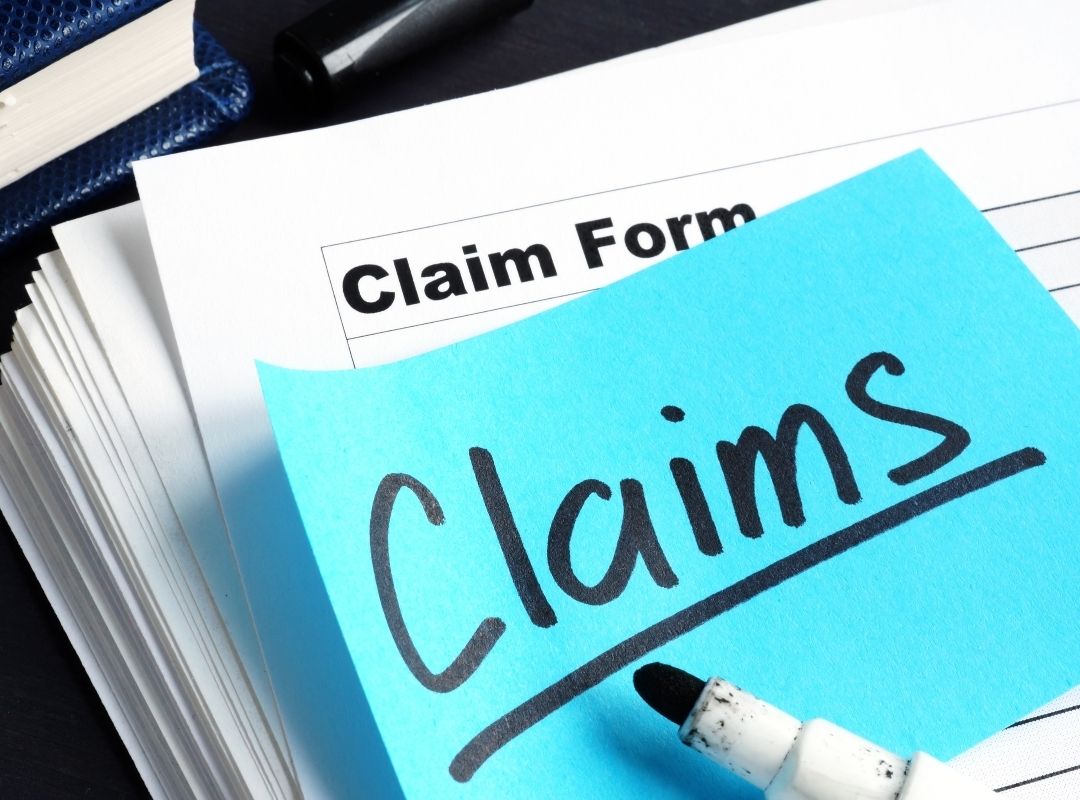Some people think that insurance is a waste of money. Those people are living in denial. If you don’t have insurance, you’re putting all your hard-earned savings at risk, which could be devastating to the family if anything bad happens to your home. In this blog post, we’ll outline everything homeowners insurance should cover so you can make sure it’s right for you and your family!
Homeowners’ insurance should cover damages to your home and its contents.
If you have insurance, it should cover damages to your home and all of its contents. This includes those pesky monthly payments for things like cable TV or satellite service that may not be covered by the homeowner’s insurance policies in some cases. You also want to look at what might happen if there is a natural disaster such as an earthquake that knocks out power lines throughout your neighborhood. While you may not be home, your insurance should cover the damages if this were to occur. What you don’t want to happen is that a fire or storm destroys your home and then the insurance company says it doesn’t cover those damages. Be sure to discuss with an insurance agent what’s covered in case of these types of disasters so that you’re not left out in the cold if one were to occur.
Bodily Injury Liability Insurance
If someone injures themselves on your property (e.g., falls downstairs) and they live in another state from where the accident occurred, then homeowners insurance has no obligation under most circumstances to pay for their injuries; these are considered personal injury claims. However, if there was an incident that injured both people involved while one party lives elsewhere than where the event took place, then this would be covered as well – typically with bodily injury liability insurance included within standard homeowners policies.
Property Damage Liability Insurance
Landlords and insurance companies typically have agreements to pay for repairs or replacements in the event that someone’s personal injury (e.g., falls upstairs) leads to damage of either property or possessions. Property damage liability insurance is usually included with standard homeowners policies, though it may be worth contacting the Henderson damage claim settlement company about this so you can rest easy if anything should happen despite your best efforts.
Mold Damage Protection (depending on policy)
Depending on whether or not mold is considered damage by a company will depend on how much protection they offer under their policies. Mold should always be excluded as water damage, but some companies will include additional protections against major disasters like hurricanes or fires which can also cause costly mold problems to arise because the property has been flooded due to a storm
Coverage for your personal belongings
A standard homeowners policy will cover the cost of replacing your personal belongings if they were lost, stolen, or damaged in a fire. However, insurance policies differ by state and company – there is no overarching federal regulation for how much coverage you’re entitled to have. This means that some companies can offer more protection than others, but it’s up to you to do research when choosing an insurer so make sure not only are their prices competitive or reasonable (depending on what type of plan you need) but also whether or not they provide sufficient coverage should something go wrong with your home. Typically, a homeowner’s insurance policy includes coverage for personal belongings up to $100,000. However, this amount can depend on the state you live in and how much of your house was damaged by fire or other natural disasters. Regardless of how much coverage you’re entitled to receive from an insurer, it is important not only for things like water damage but for other disasters as well such as fire and theft/vandalism (depending on what type of plan you need).



